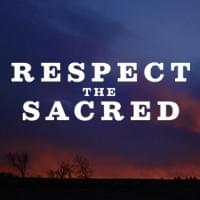

Log Line
Indigenous spiritual leaders confront the commodification and appropriation of Native American sacred practices by non-Native “seekers” and the New Age movement, exposing the entrenched power dynamics, personal costs, and cultural resistance that define the modern struggle for spiritual sovereignty.
SYNOPSIS
The documentary investigates the pervasive appropriation and commodification of Native American spiritual traditions by outsiders, with a specific focus on the experiences of Lakota, Dakota, and Nakota leaders like Chief Arvol Looking Horse and activists from Standing Rock (Horns of the White Buffalo Society).
It traces the historic erasure and suppression of Indigenous lifeways by colonial powers, then examines how contemporary non-Native individuals and New Age entrepreneurs extract sacred ceremonies – such as sweat lodges and vision quests – for profit or personal fulfillment, often disregarding tribal protocols and the damaging impact on living Native communities.
Through personal testimony, archival history, and sharp critique, the film reveals how the commodification and misrepresentation of Native spirituality perpetuate cultural genocide, ongoing poverty, and the erasure of Indigenous identity, all while Indigenous activists fight for respect, legal protection, and the preservation of authentic spiritual traditions.
Rather than dealing in universalist rhetoric or offering decontextualized spiritual experience, the documentary demands a reckoning with the legacies of colonization and a commitment to Indigenous sovereignty, inviting viewers to reflect deeply on what genuine respect and responsibility require in cross-cultural relations.
The film seeks to amplify Indigenous voices, provide context around the history of colonial suppression and cultural appropriation, humanize the impact of commodification, and provide a model for respectful engagement. The goal of the film is to generate awareness, empathy, allyship, and policy change; to shift consciousness, inspire dialogue, and drive concrete change to safeguard Native American spiritual life ways.
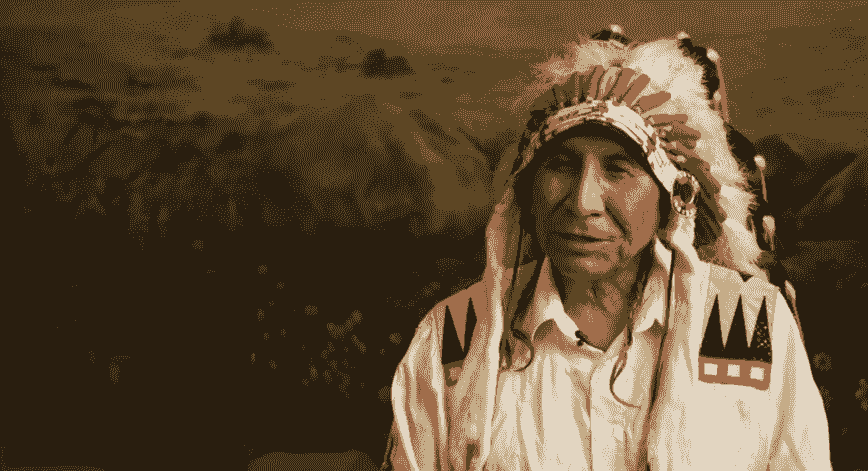
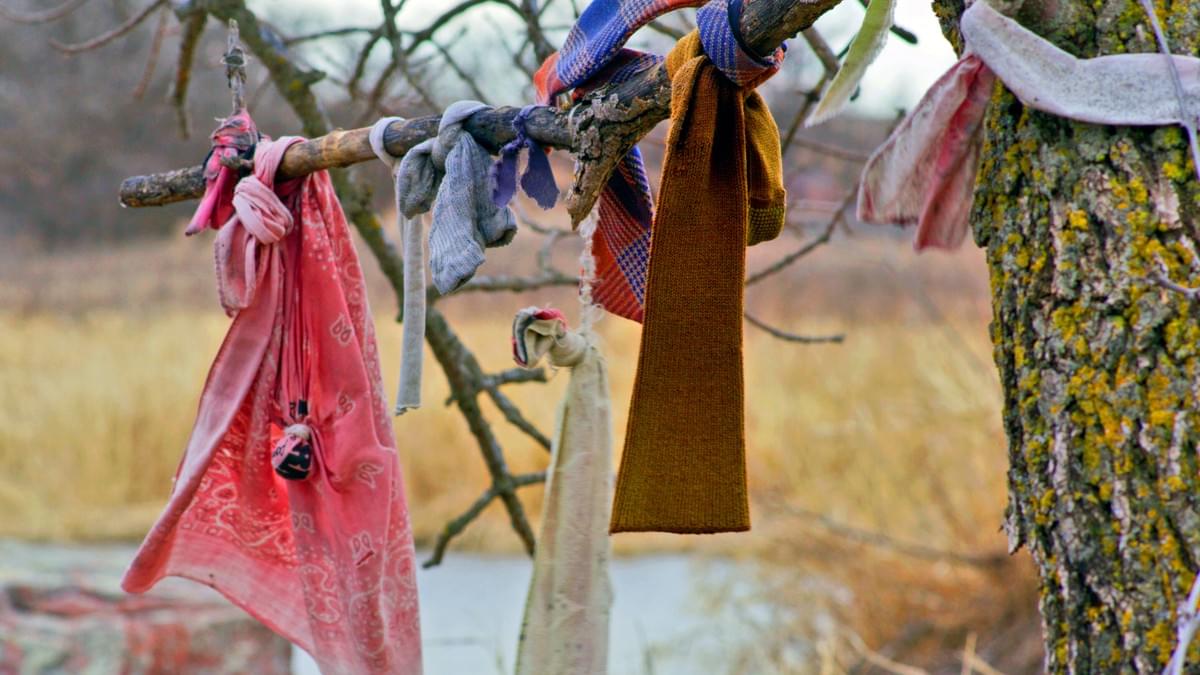
Mission & Vision
The documentary “Respect the Sacred” will explore the contentious issue of non-Native appropriation and commodification of Native American spiritual traditions, particularly those of the Lakota, Dakota, and Nakota nations (Očéti Šakówiŋ, collectively known as The Sioux nation) by “Seekers” within the New Age movement, so-called ‘medicine journey’ enthusiasts, and self-help communities. Set in Pipestone, MN and Flandraeu, SD the film centers around Chief Arvol Looking Horse and Lakota activists who were a part of the leadership at the Standing Rock protest against the Dakota Pipeline.
Thematically, "Respect the Sacred" delves into universal questions what is means to be a spiritual person in the 'West'; in the U.S. and throughout the developed world? It challenges conventional thinking around North American history, inviting viewers to reflect on their own experiences with identity, spirituality, and a sense of place.
Donate
Your contribution will directly support the post-production (editing, archival reserach, additonal filming, and producing) enabling us to amplify our message and effect real change.
A Deeper Look
For centuries, European colonizers and their descendants actively worked to eradicate Indigenous religions. With the creation of what became the United States, the U.S. government historically implemented policies aimed at assimilating Native Americans into Western culture, often through policies and violence. These policies included the seizure of lands, the establishment of boarding schools to eradicate Native languages and traditions, and the promotion of Western economic systems over traditional ways of life.
These actions - banning ceremonies, confiscating sacred objects, imprisoning and killing spiritual leaders, and forcing assimilation through boarding schools and Christianization - significantly disrupted the ability of Indigenous communities to maintain control over their cultural practices.
These were genocidal acts committed by the United States and Canada in a deliberate attempt to destroy Native cultures and identities. 1, 2, 3In 2024, it was revealed that over 1,000 children were killed as a part of the Native American boarding school system in the U.S. The report identified by name almost 19,000 children who attended a federal school between 1819 and 1969. These schools, established in the late 19th and early 20th centuries, were designed to erase Indigenous cultures, forbidding Native languages and traditions in a ruthless bid for assimilation. The harrowing stories of abuse and trauma suffered by countless children echo through generations, leaving scars that time alone cannot heal. 4
This history of violent subjugation cuts to the heart of the concerns surrounding spiritual and cultural appropriation.
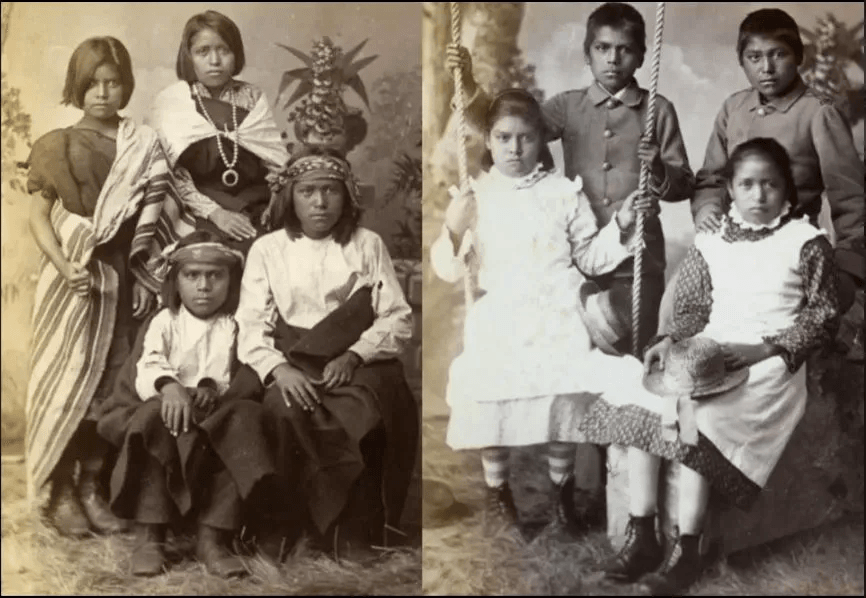
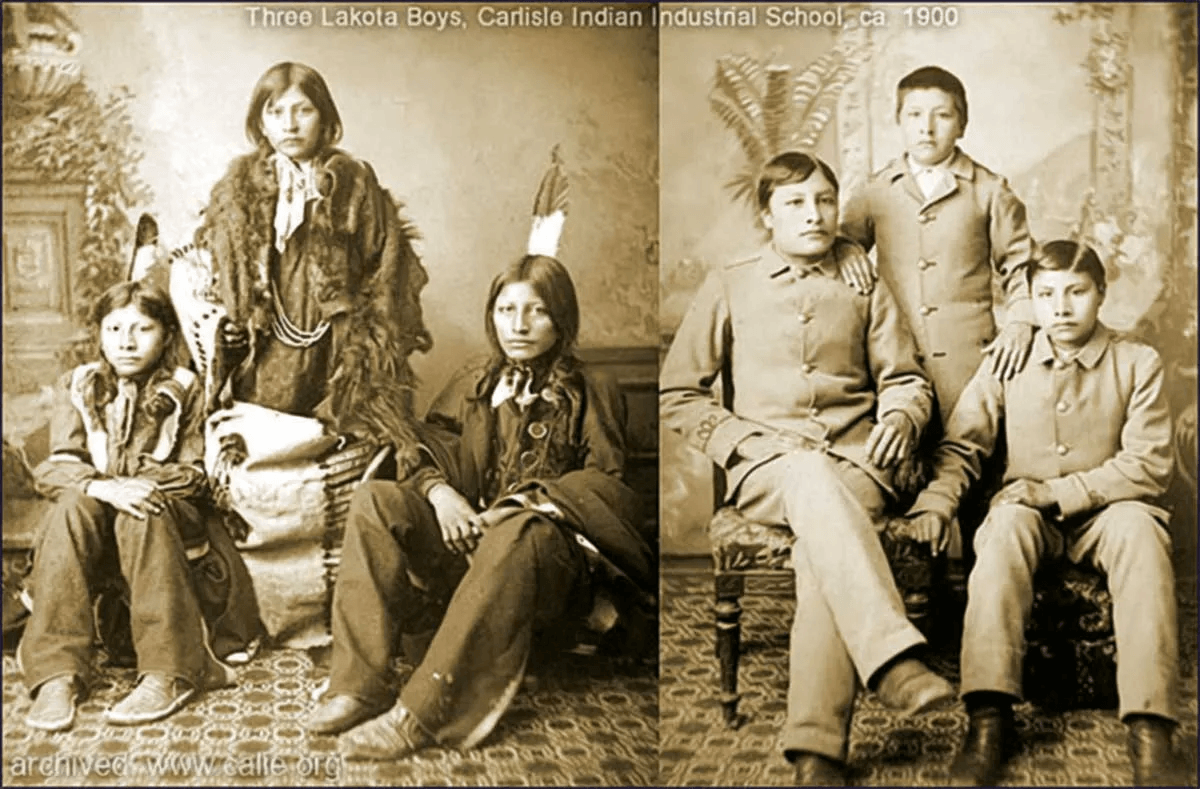
The 1978 American Indian Religious Freedom Act (AIRFA) was a landmark law that aimed to protect the rights of Native Americans to practice their traditional religions freely. It was necessary because, despite the First Amendment's guarantee of religious freedom, Native American spiritual practices had long been suppressed, banned, and criminalized by the U.S. government and local authorities. According to the US government, sacred dances and rituals interfered with the assimilation of Native Americans into the broader society.
This erasure or the attempt to erase is at the heart of why appropriation is so harmful. The society that sought to eradicate Native cultural lifeways now seeks to extract from those lifeways for personal gain. There is a deep contradiction and painful irony in how the colonial culture that has suppressed and criminalized Native American spiritual practices now seeks to commodify and exploit those very traditions for monetary gain and ‘spiritual’ personal growth.
Today, we see a troubling trend of non-Native people, often the descendants of those colonizers, wanting to "play Indian" by appropriating Indigenous spirituality divorced from its cultural context. Practices like sweat lodges, vision quests, and shamanic healings are packaged and sold as self-help products. Sacred symbols adorn clothing and home decor. Plastic medicine men charge money to lead bastardized versions of ceremonies.
This spiritual appropriation and commercialization is tremendously disrespectful to Native communities still fighting to protect their religious freedom and cultural survival. It turns their sacred traditions into cheap commodities while ignoring the brutal history that necessitated the American Indian Religious Freedom Act in the first place. The same paternalistic entitlement that led colonizers to suppress Native religions is now driving people to exploit them for personal gain and profit.
Appreciating Native spirituality must start with learning the history, respecting tribal sovereignty, and supporting Indigenous peoples' rights to practice their traditions on their own terms. Anything less continues the legacy of cultural genocide. Non-Natives serious about finding spiritual meaning would do better to reconnect with their own ancestral traditions rather than appropriating Indigenous practices stripped of proper cultural context.
The syncretic adoption of decontextualized Native practices by non-Natives is not a harmless "freedom of religion" - it is an act of cultural and spiritual theft that perpetuates the dynamics of colonialism. True syncretism emerges from a place of mutual respect and relationship, not from the entitlement of the dominant culture to take from marginalized peoples.
Respecting Native sovereignty over their own spiritual traditions is an ethical imperative.
True respect demands no less. 5, 6, 7













